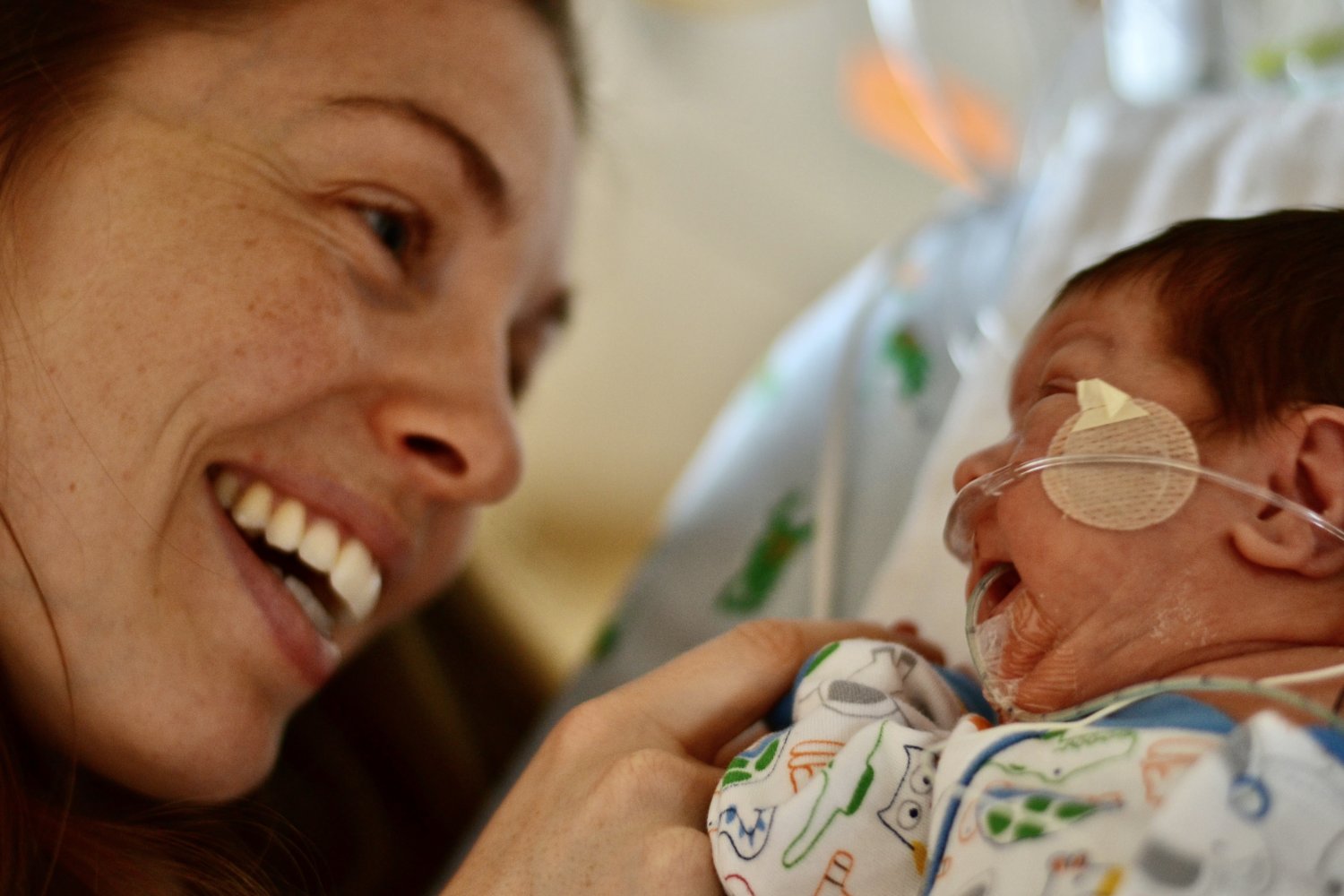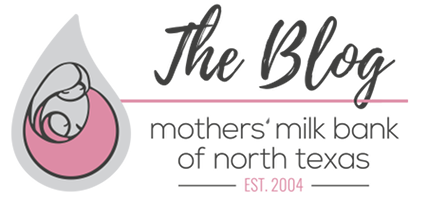Necrotizing Enterocolitis: A Devastating Diagnosis in the NICU
05/01/2024
Life in the NICU hangs in the balance. So much can go wrong. Preterm and fragile infants are extremely vulnerable to developing respiratory distress, hearing and vision deficits and cardiovascular, neurological and gastrointestinal complications.
One particularly high-risk intestinal disease, necrotizing enterocolitis (NEC), can cause babies to deteriorate quickly. Intestinal tissue becomes inflamed and dies, sometimes requiring bowel resection or removal. Complications can lead to infection, organ failure and death. Babies who do survive often experience life-long health problems.
Researchers are still working to determine what causes NEC. Theories include triggering bacteria, viruses, intestinal injury and low oxygen.
Decreasing Risk Through Breastmilk
Research over many years continues to show that human milk, either a mother’s own milk or donor milk, plays an important role in preventing or improving NEC. A 1990 study of 926 preterm infants found that formula-fed babies developed NEC 6 to 10 more times than those who received breastmilk. Additionally, pasteurized donor milk was just as protective (Lucas,1990).
Research published in 2007 confirmed that preterm and low birth weight infants fed formula instead of donor breast milk had a higher risk of developing NEC (Quigley, 2007). A recent study concluded that breastmilk is the only factor that consistently improved NEC (Liang, 2024).
Increasing Awareness and Research
Jennifer Canvasser, a former milk donor, tragically lost one of her sons, Micah, to NEC shortly before his first birthday. After Micah’s death, she founded the NEC Society. The nonprofit is dedicated to improving disease outcomes, raising awareness and initiating research aimed at prevention.
By reaching more families, clinicians and scientists, the organization is making a significant impact at both national and international levels. In April 2024, Jennifer presented at the International Donor Milk Conference hosted by the Human Milk Banking Association of North America.
To draw more attention and support to preventing and treating the condition, May has been designated NEC Awareness Month and May 17 is NEC Awareness Day.
Learn more here.
____
REFERENCES
Lucas, A., & Cole, T.J. (1990). Breast milk and neonatal necrotizing enterocolitis. Lancet,336(8730),1519-23. doi: 10.1016/0140-6736(90)93304-8. PMID: 1979363.
Quigley, M.A., Henderson, G., Anthony, M.Y., & McGuire, W. (2007). Formula milk versus donor breast milk for feeding preterm or low birth weight infants. Cochrane Database Systematic Review, 17(4),CD002971. doi: 10.1002/14651858.CD002971.pub2. Update in: Cochrane Database Syst Rev. 2014;4:CD002971. PMID: 17943776.
Hu, X., Liang, H., Li, F., Zhang, R., Zhu, Y., Zhu, X., & Xu, Y. (2024). Necrotizing enterocolitis: Current understanding of the prevention and management. Pediatric Surgery International, 40(1),32. doi: 10.1007/s00383-023-05619-3. PMID: 38196049; PMCID: PMC10776729.


